Šešelj says Hague Tribunal is "illegal"
Vojislav Šešelj has made his opening statement at his trial at the Hague Tribunal Wednesday.
Thursday, 08.11.2007.
14:06

Vojislav Seselj has made his opening statement at his trial at the Hague Tribunal Wednesday. The leader of the Serb Radical Party (SRS) said that he was being tried by an “illegal and illegitimate court“ set up and working "to the dictates of the U.S." Seselj says Hague Tribunal is "illegal" At the beginning of his statement, due to last four hours, he said that the Hague Tribunal was explicitly anti-Serb oriented, which was evidenced by the amount of indictments against Serbs, and the fact that sentences handed out to Serbs had been disparately severe compared to those given to nationals of other countries. “This court has been given a task, which is being carried out with a lot of convictions, to falsify modern Serbian history,“ he said. A “classic example“, in his opinion, were the genocide convictions for Srebrenica. Seselj claimed that 1,000 prisoners had been shot in Srebrenica, as opposed to the 7,000 quoted in the Hague Tribunal’s indictment. “It’s a terrible crime, but not genocide,“ said Seselj. He voiced the opinion that, given that crimes were committed by all sides in the conflicts in the former Yugoslavia, those crimes could only be quantified, but not attributed differing degrees of severity, as the prosecution was attempting to do in the Hague indictments. Seselj added that that practice did not exist anywhere in the world. If a joint criminal undertaking did exist, he said, it was committed by those who were involved in breaking up Yugoslavia, not those who were attempting to prevent it. To his mind, the Serb people were not fighting against neighboring peoples, but against Germany, the Vatican, and most recently in Kosovo against the U.S. and NATO. Seselj did not believe that blame could be apportioned for inciting war crimes, and denies that he called for war crimes to be committed in his speeches, “except in those instances when defense of the Serb people was at stake.“ Meanwhile, in court today, he confirmed that the idea of a Greater Serbia was his, and that it should not be linked to Slobodan Milosevic or “any of my other co-accused.“ Seselj went on to say that a Greater Serbia was the long-term aim of the Radicals, and that “it never crossed our minds to carry it out through the persecution of three to four million people. Our idea was to convince them that they were Serbs,“ he stated. He did not deny gathering and organizing volunteers and sending them to the front, though he added that after June 1991 they were placed under the control of either the Yugoslav National Army (JNA), or the army and police of the Republic of Srpska and Serb Republic of Krajina respectively. “The Army assigned SRS volunteers barracks in Bubanj Potok, where they received uniforms and training. Their tour of duty was officially included in their army booklets,“ said Seselj. Responding to a comment that he might feel morally responsible for crimes committed by volunteers, the SRS leader denied that any Radical supporter had ever committed a single crime. However, he stressed that he could neither be held responsible for every unit or individual that went round calling themselves “Seselj’s boys“ or “Chetniks“, as there were many such cases. The defendant claimed that the prosecution had, “for political reasons,“ included in the indictment against him allegations of his participation in expelling Croats from Vojvodina, particularly during an incident in Hitkovci. Seselj claims that he did not call on Croats to be thrown out, but that he promised it during a pre-election campaign. “I said that, on behalf of my party, during an election campaign. It was a matter of retaliation, as Tudjman had done the same to Serbs in Croatia,“ he explained, adding that he did not call on people “to take part in persecution.“ On the subject of the charges brought against him, the SRS leader said they had been brought because “I became unbearable to the Americans“ and there was a danger that he would topple “the puppet regime“ in Serbia. Asked why he annoyed the Americans, he replied that it was because Serbs were “little Russians in the Balkans.“ Seselj is entitled to make his opening statement without having to take an oath first. Today, he has been addressing all the charges in the indictment. Previously, the prosecution made its opening statement, accusing the defendant of taking part in war crimes in Croatia, Bosnia and Vojvodina, instigating his followers to commit war crimes with his “inflammatory rhetoric.“
Šešelj says Hague Tribunal is "illegal"
At the beginning of his statement, due to last four hours, he said that the Hague Tribunal was explicitly anti-Serb oriented, which was evidenced by the amount of indictments against Serbs, and the fact that sentences handed out to Serbs had been disparately severe compared to those given to nationals of other countries.“This court has been given a task, which is being carried out with a lot of convictions, to falsify modern Serbian history,“ he said.
A “classic example“, in his opinion, were the genocide convictions for Srebrenica. Šešelj claimed that 1,000 prisoners had been shot in Srebrenica, as opposed to the 7,000 quoted in the Hague Tribunal’s indictment.
“It’s a terrible crime, but not genocide,“ said Šešelj.
He voiced the opinion that, given that crimes were committed by all sides in the conflicts in the former Yugoslavia, those crimes could only be quantified, but not attributed differing degrees of severity, as the prosecution was attempting to do in the Hague indictments.
Šešelj added that that practice did not exist anywhere in the world. If a joint criminal undertaking did exist, he said, it was committed by those who were involved in breaking up Yugoslavia, not those who were attempting to prevent it.
To his mind, the Serb people were not fighting against neighboring peoples, but against Germany, the Vatican, and most recently in Kosovo against the U.S. and NATO.
Šešelj did not believe that blame could be apportioned for inciting war crimes, and denies that he called for war crimes to be committed in his speeches, “except in those instances when defense of the Serb people was at stake.“
Meanwhile, in court today, he confirmed that the idea of a Greater Serbia was his, and that it should not be linked to Slobodan Milošević or “any of my other co-accused.“
Šešelj went on to say that a Greater Serbia was the long-term aim of the Radicals, and that “it never crossed our minds to carry it out through the persecution of three to four million people. Our idea was to convince them that they were Serbs,“ he stated.
He did not deny gathering and organizing volunteers and sending them to the front, though he added that after June 1991 they were placed under the control of either the Yugoslav National Army (JNA), or the army and police of the Republic of Srpska and Serb Republic of Krajina respectively.
“The Army assigned SRS volunteers barracks in Bubanj Potok, where they received uniforms and training. Their tour of duty was officially included in their army booklets,“ said Šešelj.
Responding to a comment that he might feel morally responsible for crimes committed by volunteers, the SRS leader denied that any Radical supporter had ever committed a single crime.
However, he stressed that he could neither be held responsible for every unit or individual that went round calling themselves “Šešelj’s boys“ or “Chetniks“, as there were many such cases.
The defendant claimed that the prosecution had, “for political reasons,“ included in the indictment against him allegations of his participation in expelling Croats from Vojvodina, particularly during an incident in Hitkovci.
Šešelj claims that he did not call on Croats to be thrown out, but that he promised it during a pre-election campaign.
“I said that, on behalf of my party, during an election campaign. It was a matter of retaliation, as Tuđman had done the same to Serbs in Croatia,“ he explained, adding that he did not call on people “to take part in persecution.“
On the subject of the charges brought against him, the SRS leader said they had been brought because “I became unbearable to the Americans“ and there was a danger that he would topple “the puppet regime“ in Serbia.
Asked why he annoyed the Americans, he replied that it was because Serbs were “little Russians in the Balkans.“
Šešelj is entitled to make his opening statement without having to take an oath first. Today, he has been addressing all the charges in the indictment.
Previously, the prosecution made its opening statement, accusing the defendant of taking part in war crimes in Croatia, Bosnia and Vojvodina, instigating his followers to commit war crimes with his “inflammatory rhetoric.“


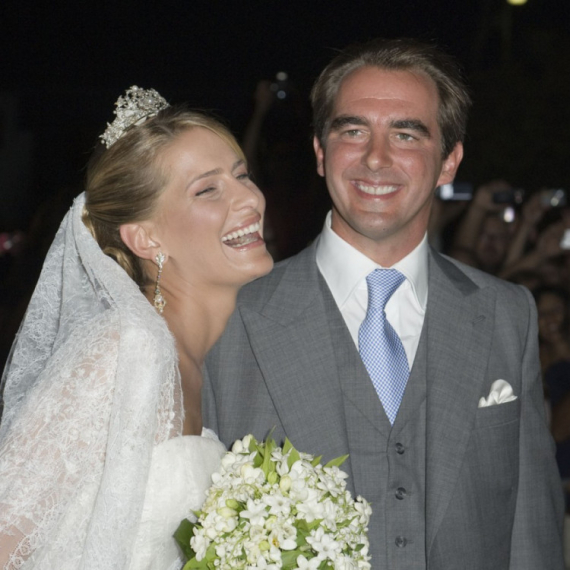









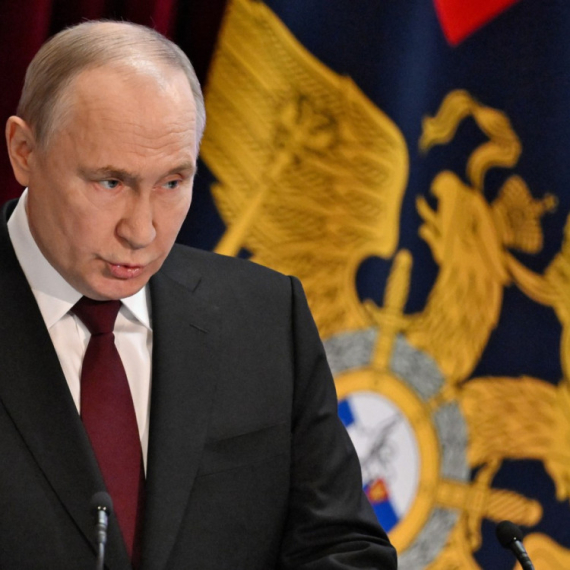
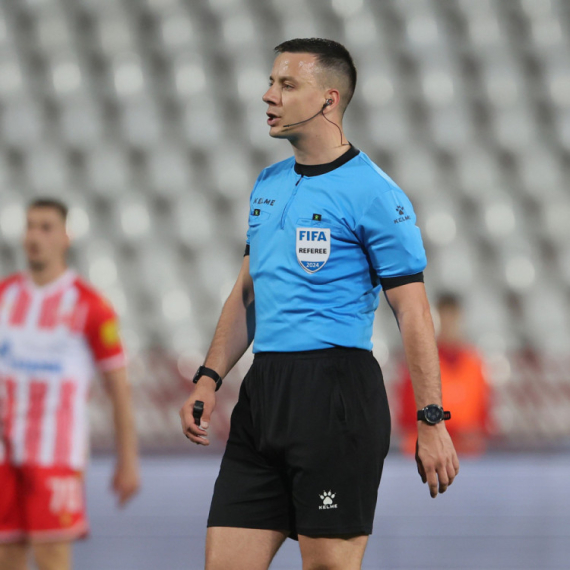
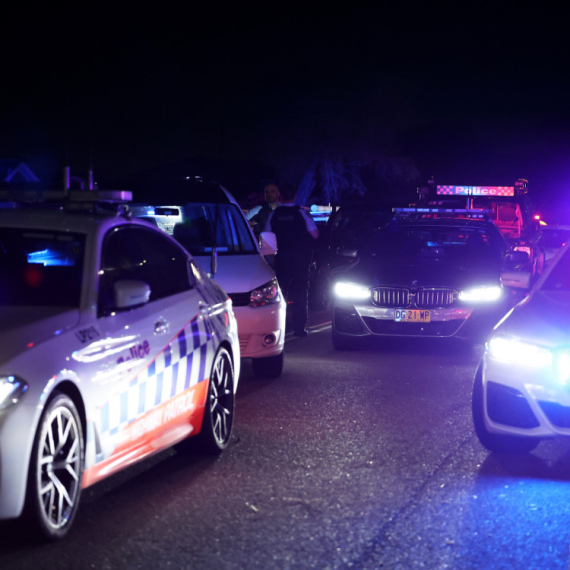


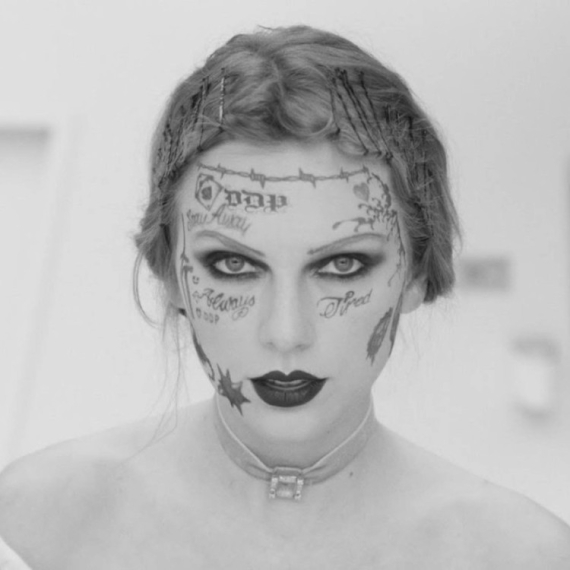

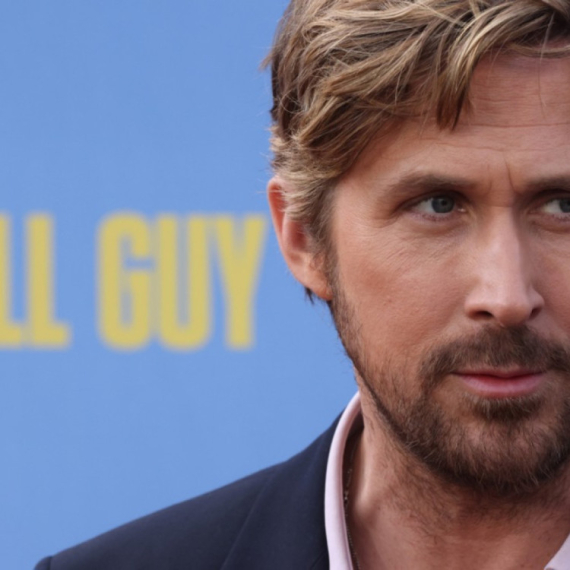





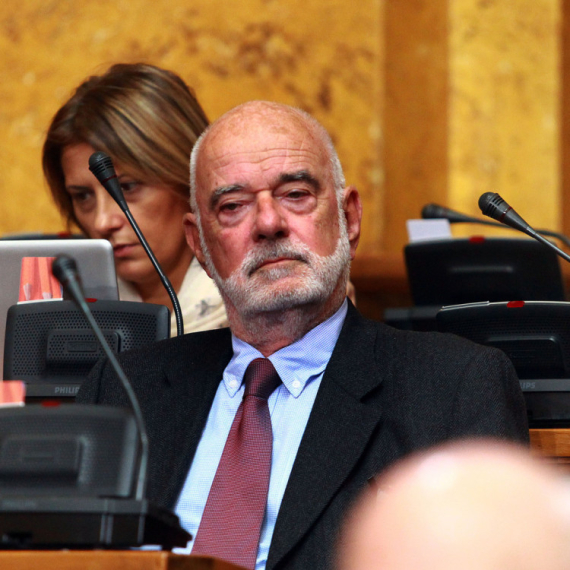

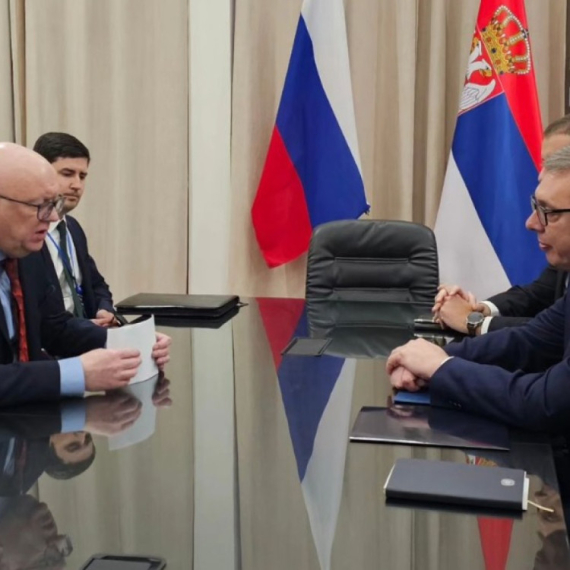

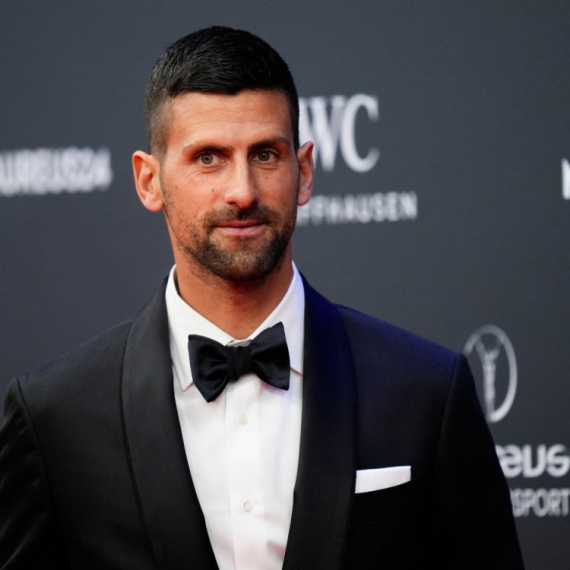



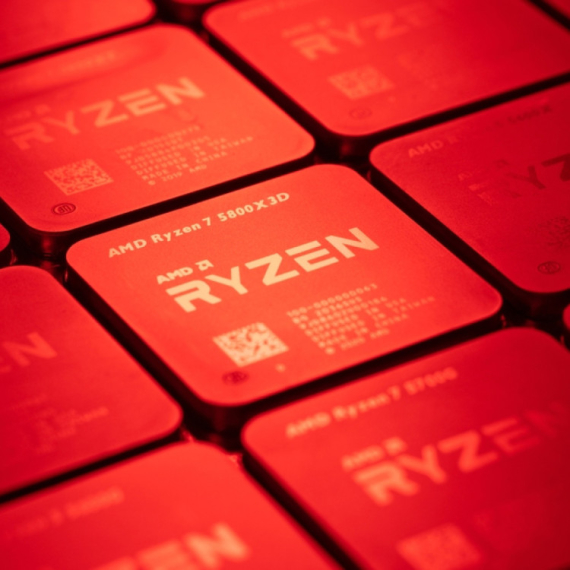

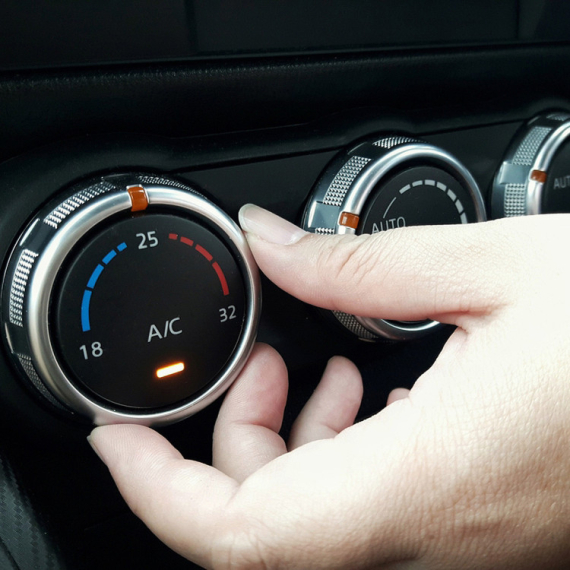





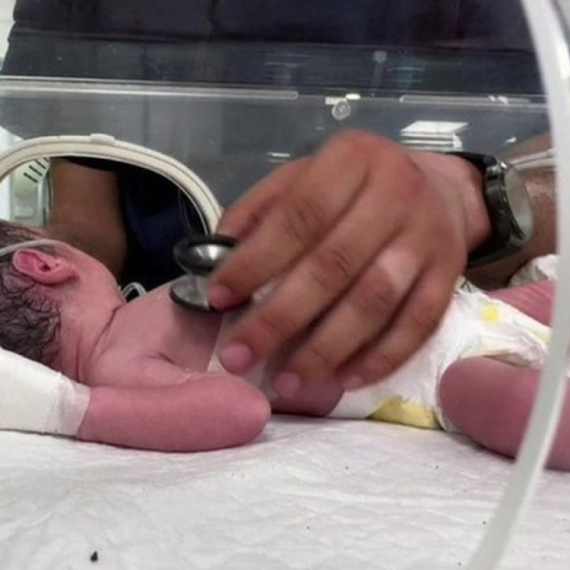
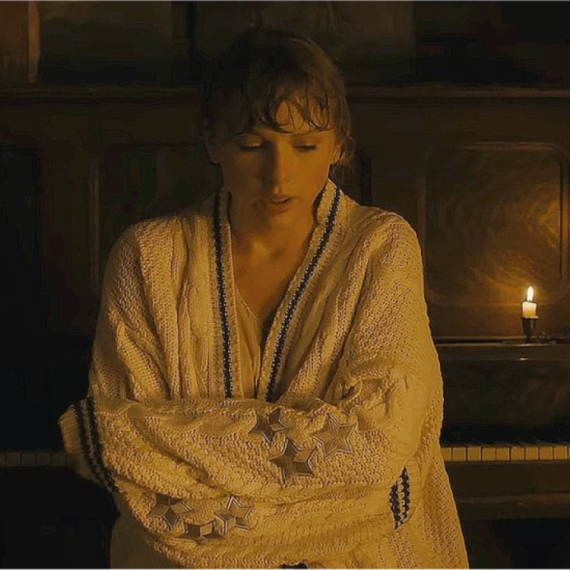
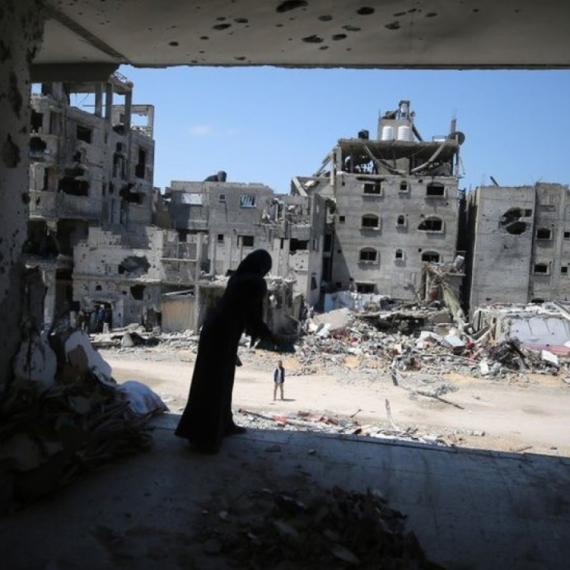
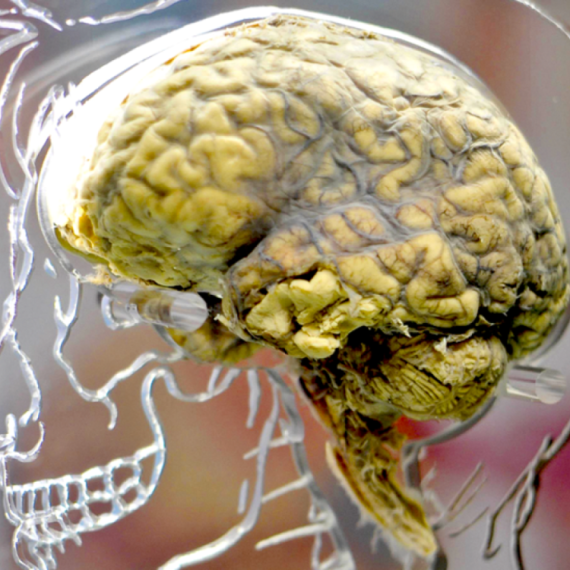

Komentari 30
Pogledaj komentare